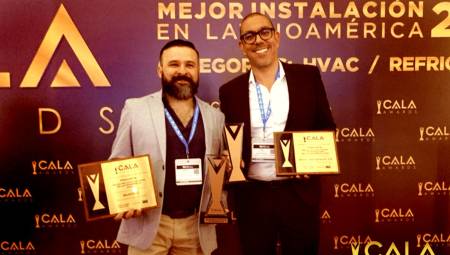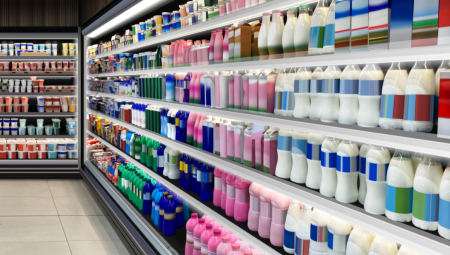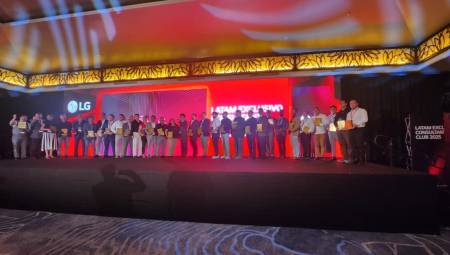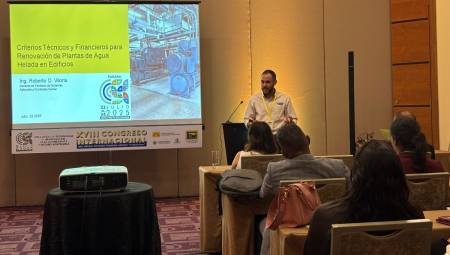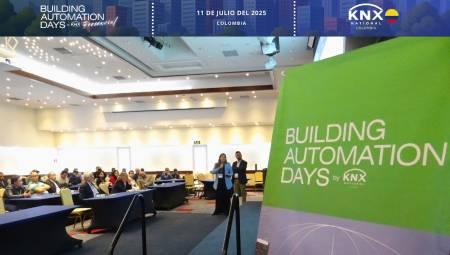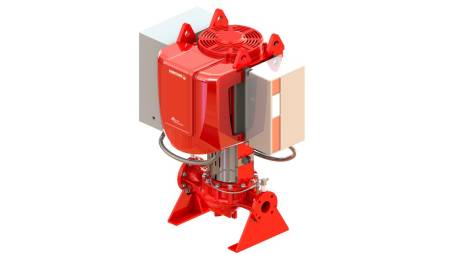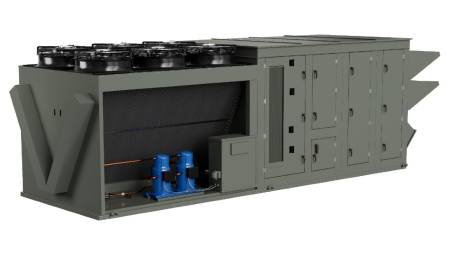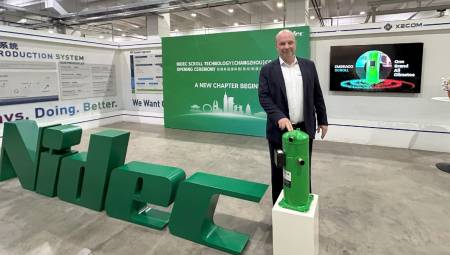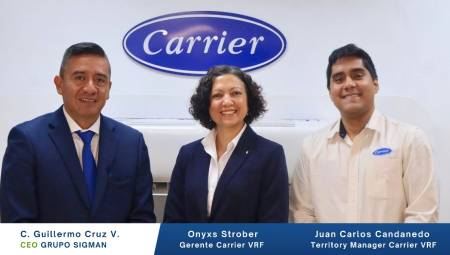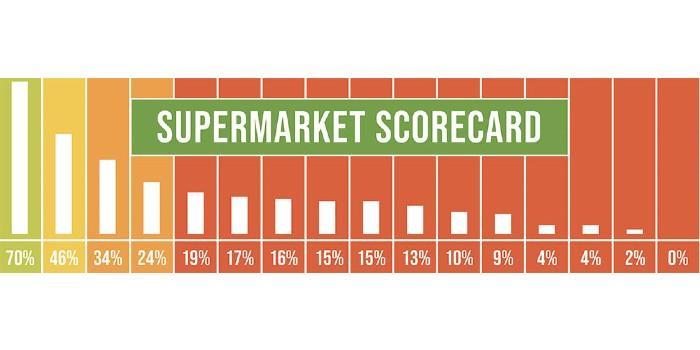 United States. The International Energy Agency (EIA) launched the Climate-Friendly Supermarket Scorecard that evaluates the largest U.S. supermarkets on actions and commitments to reduce hydrofluorocarbons (HFCs).
United States. The International Energy Agency (EIA) launched the Climate-Friendly Supermarket Scorecard that evaluates the largest U.S. supermarkets on actions and commitments to reduce hydrofluorocarbons (HFCs).
The study found that although climate-friendly options exist, U.S. supermarkets continue to rely primarily on HFCs with thousands of times the climate impact of CO2. Most companies also fail to adhere to transparent best practices for reducing leakage and managing refrigerants throughout their lifecycle.
"This scorecard reveals that surprisingly few supermarket chains in the U.S. are using HFC-free systems in new stores and that their efforts to reduce HFC emissions are woefully inadequate. As the highest-grossing supermarkets, the companies on this list have the power to be part of the solution to the climate crisis. Instead, they are exacerbating the problem by continuing to use and filter out potent superpollutant HFCs." said Avipsa Mahapatra, leader of the EIA's climate campaign. "Supermarkets must prioritize swift action to eliminate the use of HFCs in all new stores and establish enterprise-wide programs to reduce their overall refrigeration footprint."
The scorecard assesses supermarkets in three key areas: adoption of HFC-free technology, refrigerant management, and policies and commitments. The results show:
- No company scored higher than 70%, leaving our highest level of progress on this issue empty. There is a lot of room for improvement even for our top scorers; no company excels in all three categories.
ALDI has the highest score overall and in technology adoption with hundreds more HFC-free stores than any competitor; Meijer has the highest score in refrigerant management; and Ahold Delhaize and Kroger scored highest on policy and engagement.
12 of the 16 companies received an overall score of less than 20%, the lowest scoring level, indicating that most major companies are not taking meaningful action.
10 out of 16 companies are known to have installed HFC-free refrigeration systems, but companies such as Walmart, Giant Eagle, Meijer, and Costco have yet to install HFC-free refrigeration in a single store.
Only a quarter of companies share public information on specific efforts to reduce HFC emissions in corporate sustainability reports or company websites, underscoring the overall lack of transparency.
"Supermarkets filter the equivalent of 49 billion tons of coal in HFC emissions every year. Most consumers aren't aware of these invisible climate killers surrounding them as they browse the store, but we're starting to see that change." said Christina Starr, climate policy analyst at the EIA. "Smart companies, such as the top ALDI score, which are rapidly scaling up energy-efficient HFC-free technologies in hundreds of stores, demonstrate that costs or other market barriers cited in the past are no longer valid excuses."
"This scorecard expertly describes the tremendous progress it takes for the supermarket industry to eliminate these harmful superpollutants and protect our climate," said Beth Porter, director of Green America's Cool It campaign to eliminate HFCs. "Green America and our 200,000 individual members join the EIA in calling on these companies to take strong action to abandon HFCs from all facilities and replace them with widely available climate-friendly refrigerants."
Our call to action offers specific recommendations to supermarkets to act on this vital opportunity to combat climate change.
Notes
The refrigeration system of an average supermarket contains thousands of pounds of HFC. These high global warming potential (GWP) refrigerants, which leak at an average rate of 25% in 38,000 supermarkets in the U.S., emit up to 45 million metric tons of CO2 equivalent per year.
Many supermarkets still use HFC 404A (GWP about 3,800 times greater than CO2) or HFC-407A (GWP about 1,500). Meanwhile, the climate-friendly systems adopted by leading companies on this dashboard use refrigerants such as carbon dioxide, propane and ammonia, which have an ultra-low GWP, close to zero.
Decreasing the average GWP of refrigerant in all U.S. supermarkets by 50% would reduce refrigerant emissions in the U.S. by 22.7 million metric tons of CO2e annually by 2025.
Source: EIA.



